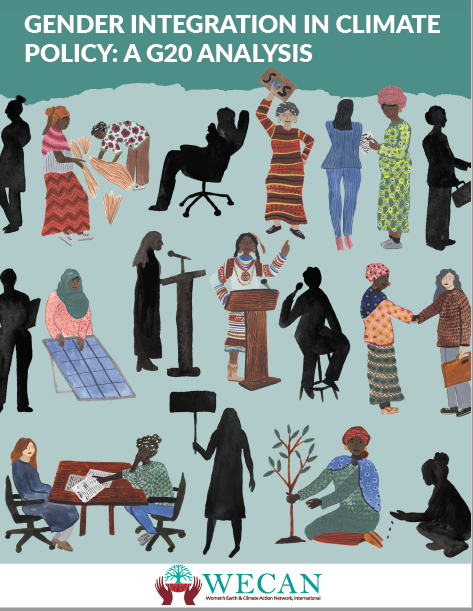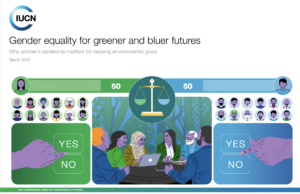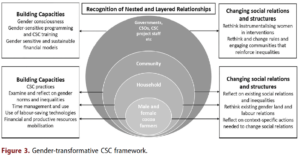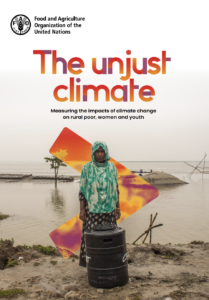Despite the increasing acknowledgment that the impacts of climate change vary depending on gender, and the crucial role of women at the center of climate solutions, meaningful discussion of gender marginalization is still lacking in most national climate change policies, including those of the world’s largest economies, the G20 countries. While not all countries are equally responsible, together the G20 accounts for almost 80% of global carbon dioxide emissions, and consequently hold a critical role in tackling the climate crisis.
In this report, we analyze the level of gender integration – or lack thereof – in the national climate policies and nationally determined contributions (NDCs) of the G20 countries to the Paris Agreement. We recognize that the G20 is not a uniform block and Common But Differentiated Responsibilities need to be acknowledged. Rather this report addresses the cross-cutting issue of gender-responsive climate policy and action across the G20. It is crucial that G20 countries develop and implement gender-responsive climate policies in order to move forward both climate action and gender equality agendas at both the national and international level.
Women and gender diverse leaders are providing critical leadership and solutions to addressing the climate crisis. Consequently, it is essential to recognize, understand and transform unjust dominant social constructs, including systemic patriarchy, colonization and racism, which continue to impede building equitable and successful climate policy and action led by women and marginalized groups.
Source: WECAN



